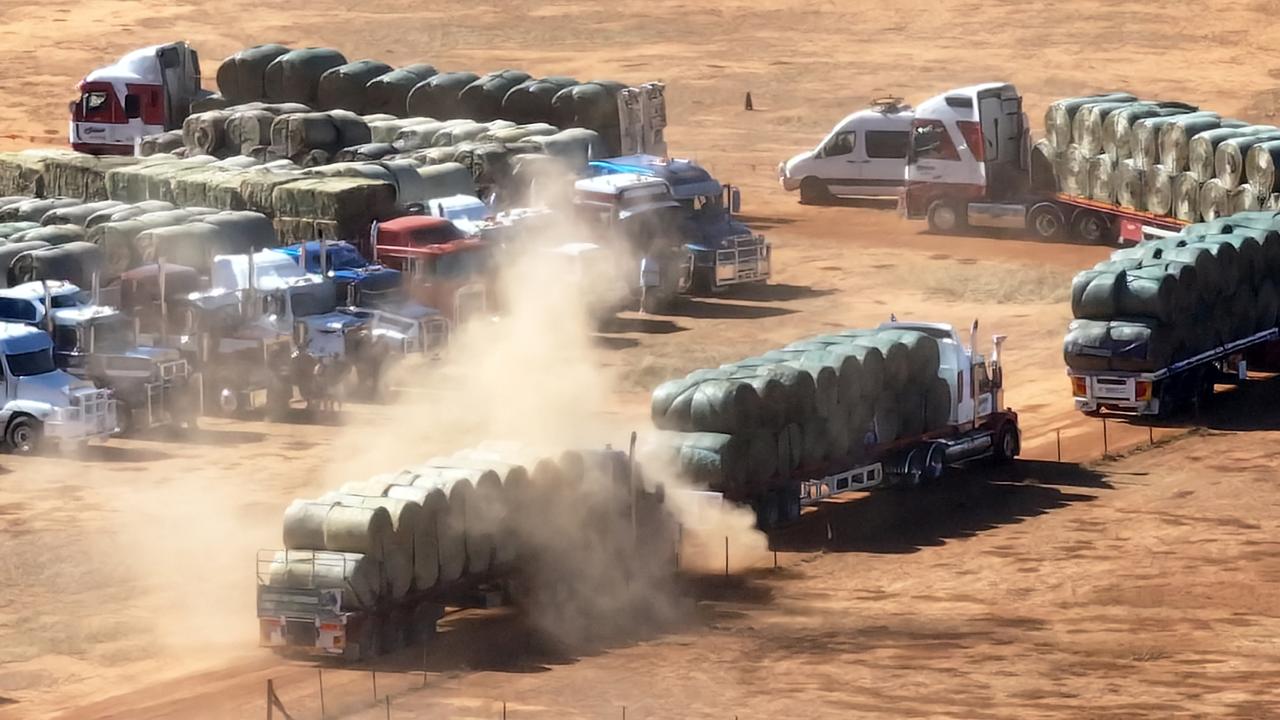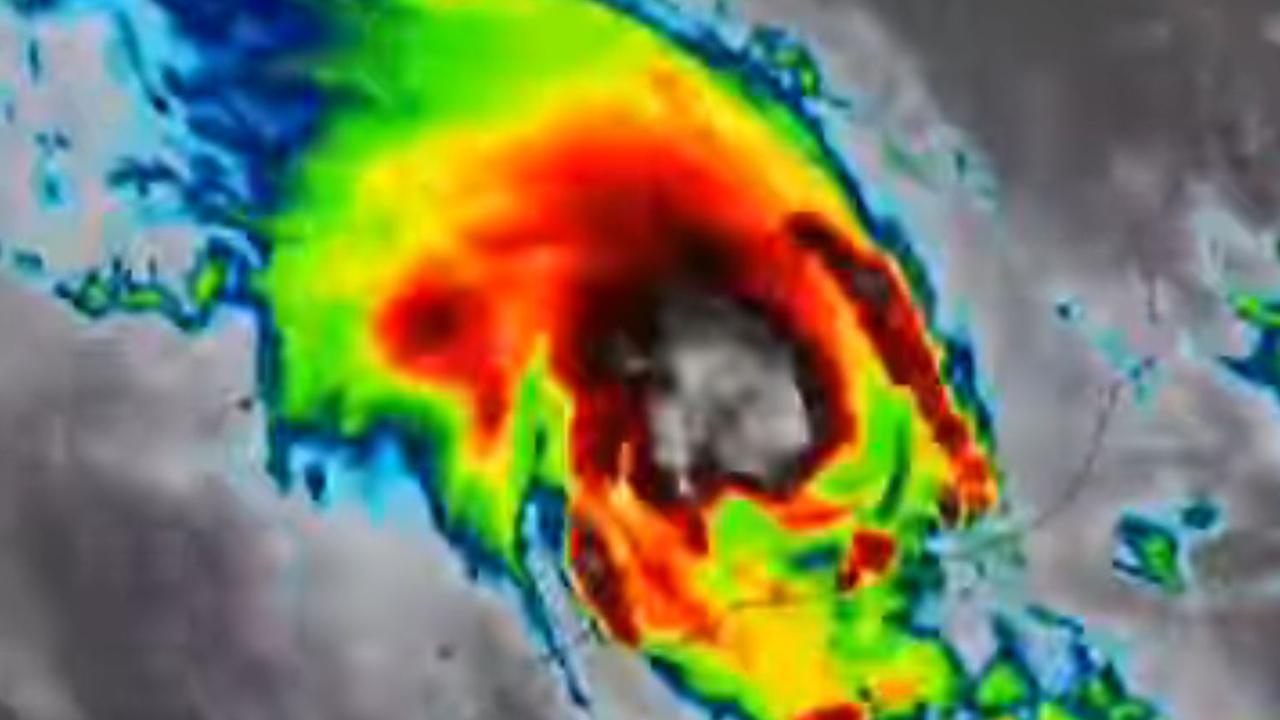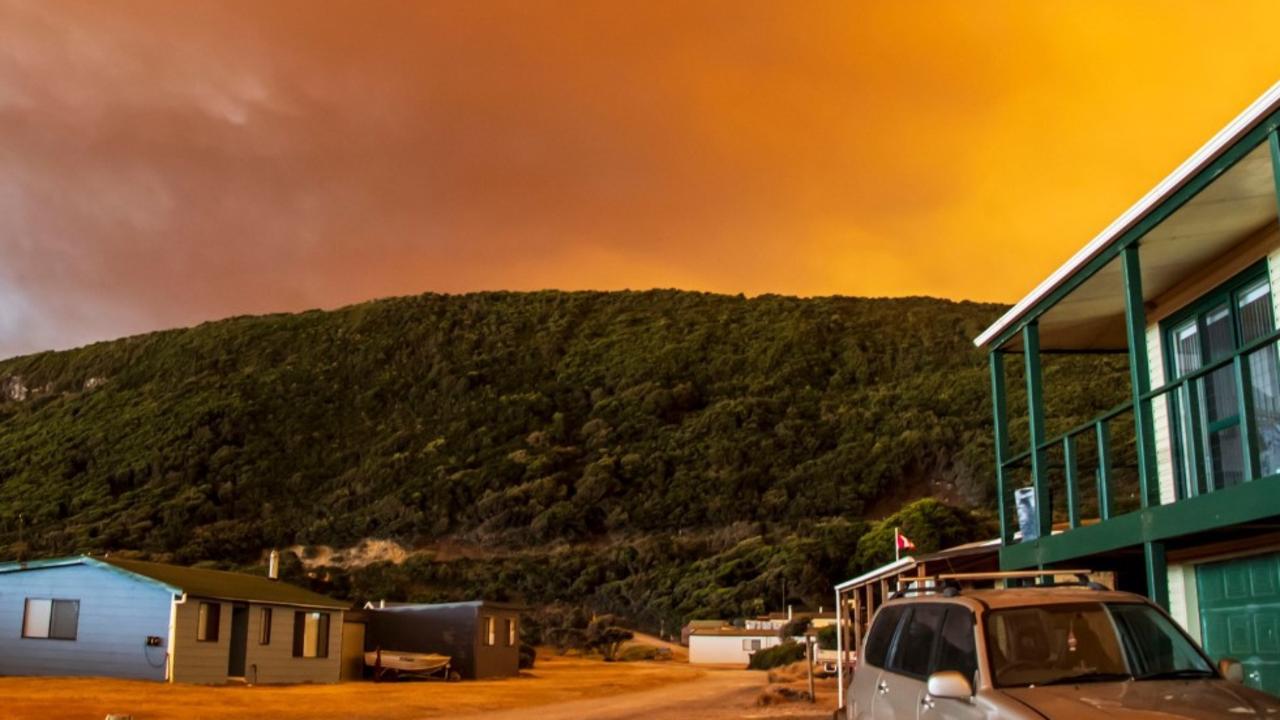NSW State Emergency Service received 12,000 calls for help in one week of floods
The massive scale of the NSW floods is becoming clear as satellite pics emerge showing the landscape before and after the floods.
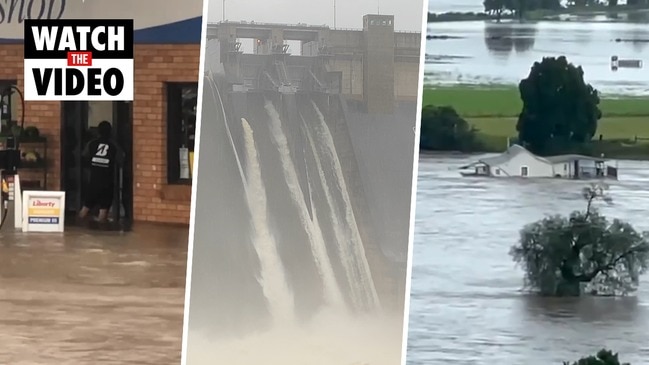
Satellite pictures have been published showing the massive scale of the NSW floods.
Space tech company Maxar photographed the town of Windsor from space, showing landscapes transformed by water.
The before-and-after images show huge swathes of land drenched.
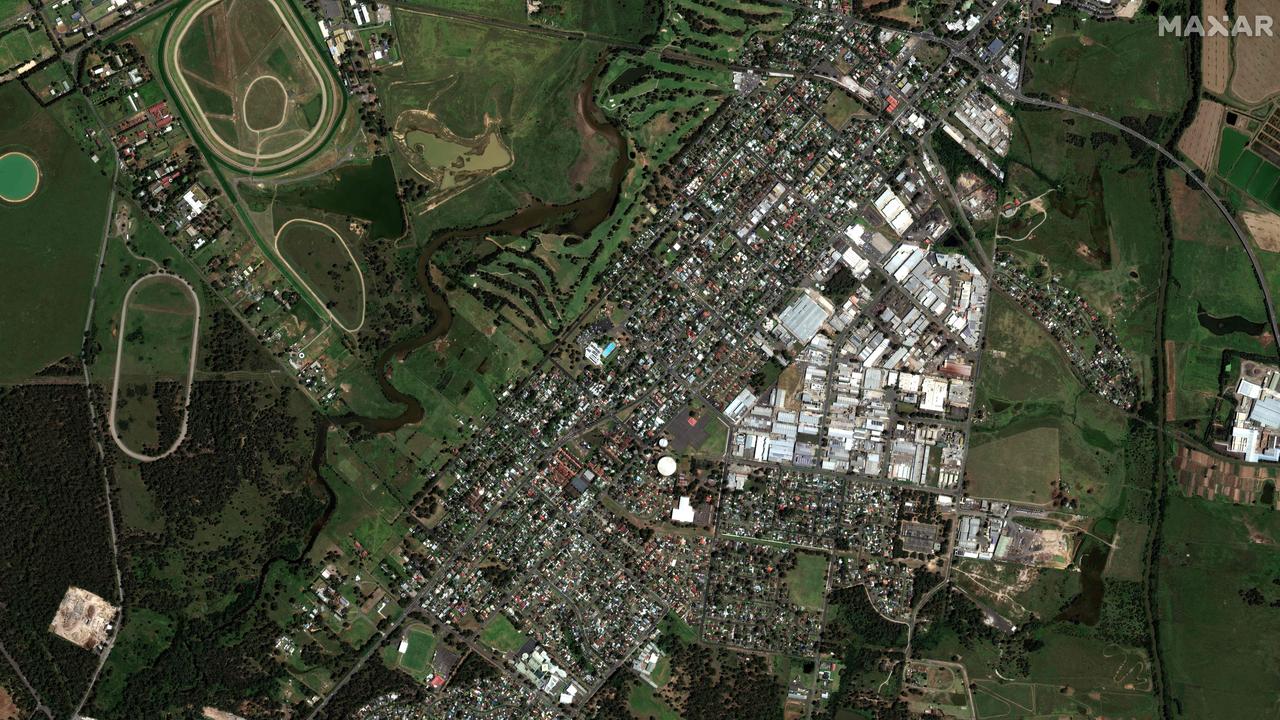
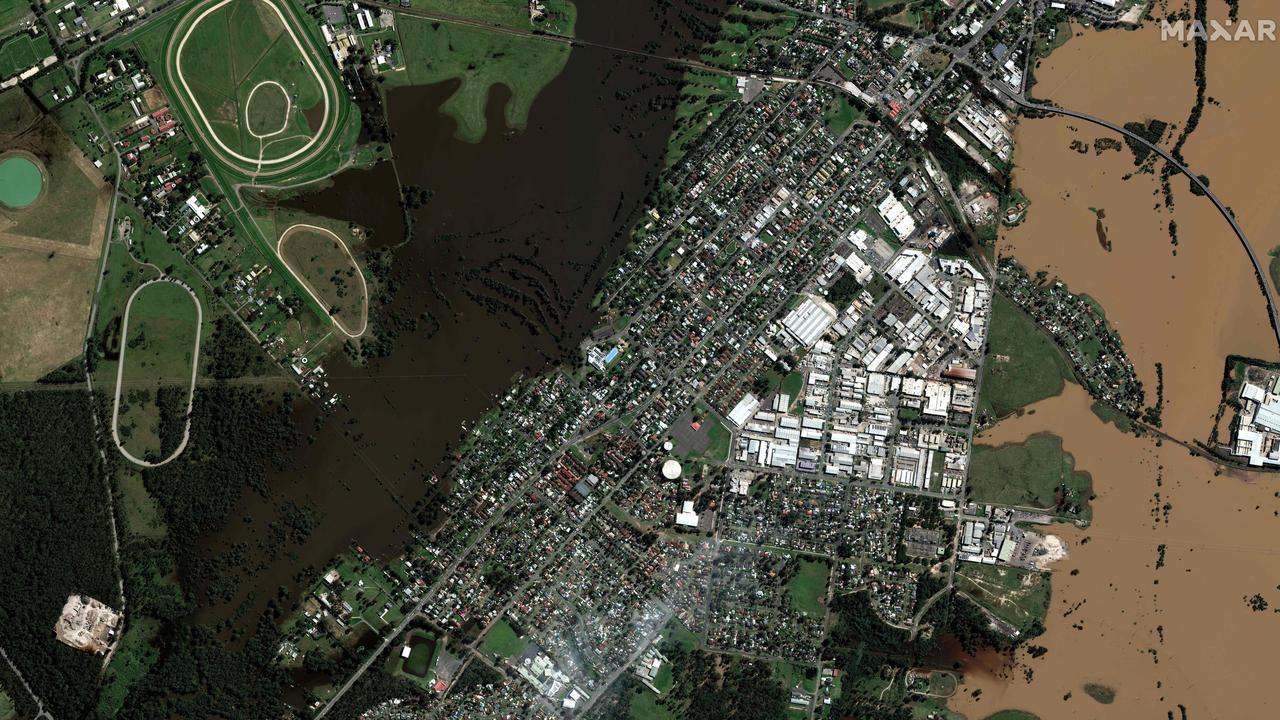
The satellite images taken above Windsor, NSW, show rural landscapes that were green and dry before the rains transform into muddy bodies of water.
The historic town northwest of Sydney copped heavy flooding as the Hawkesbury River overflowed.
A newly built bridge that was meant to be flood-resistant was almost fully submerged in water earlier this week.
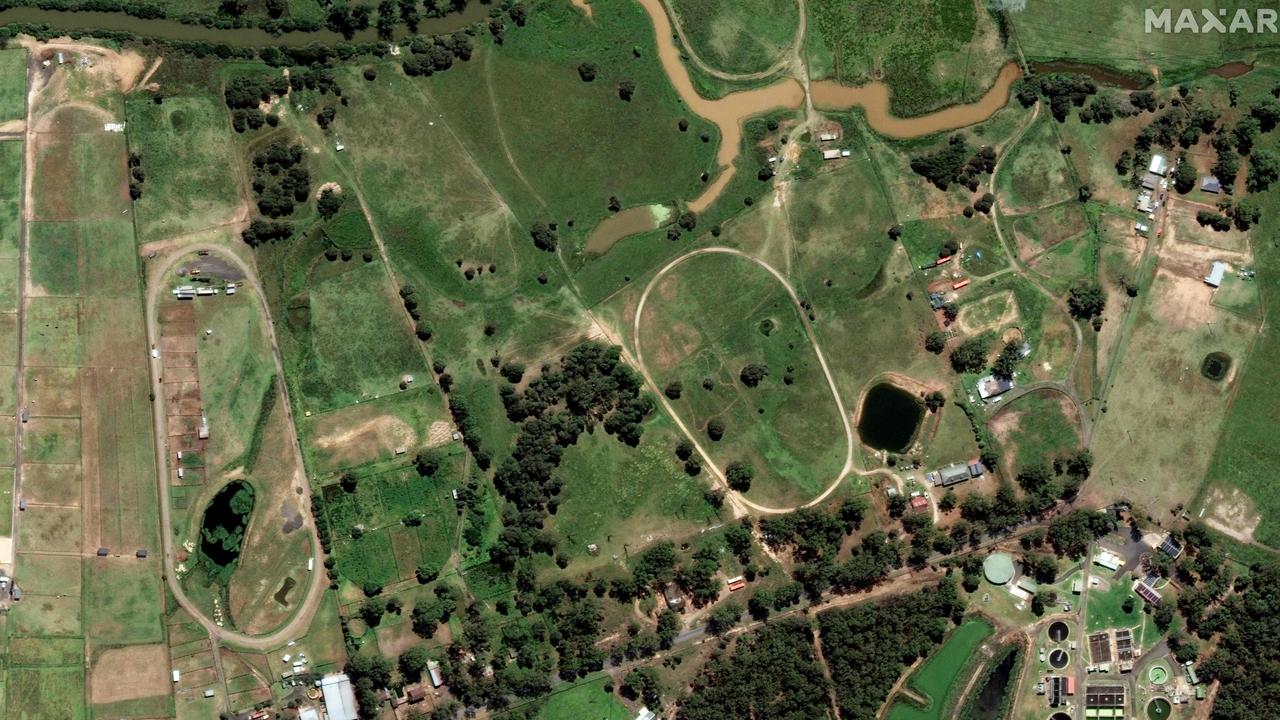
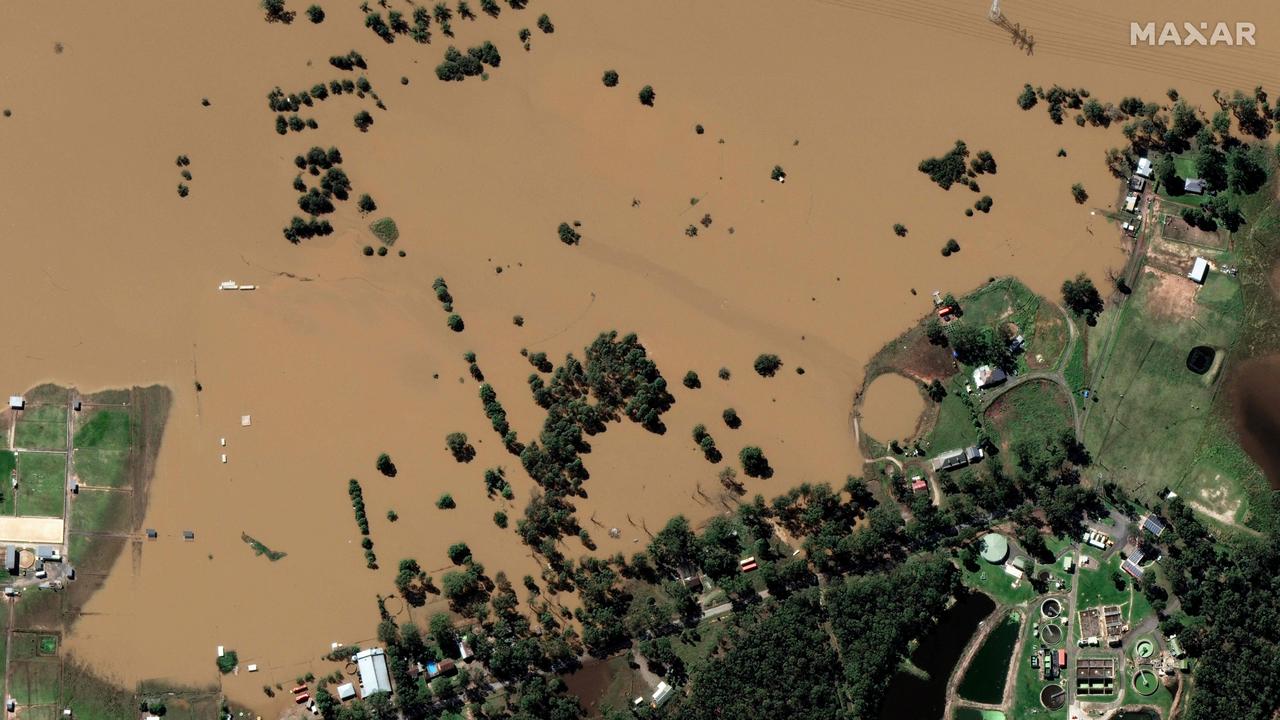
Emergency officials have said they were inundated with calls for help in the past week as the flood crisis played out in NSW.
Some 12,000 calls for assistance were logged by the State Emergency Service, a top official said.
“A lot of those have been to assist with sandbags, to assist with roofs that have been damaged from the rain and flooding into houses,” NSW SES Assistant Commissioner Sean Kearns told ABC News.
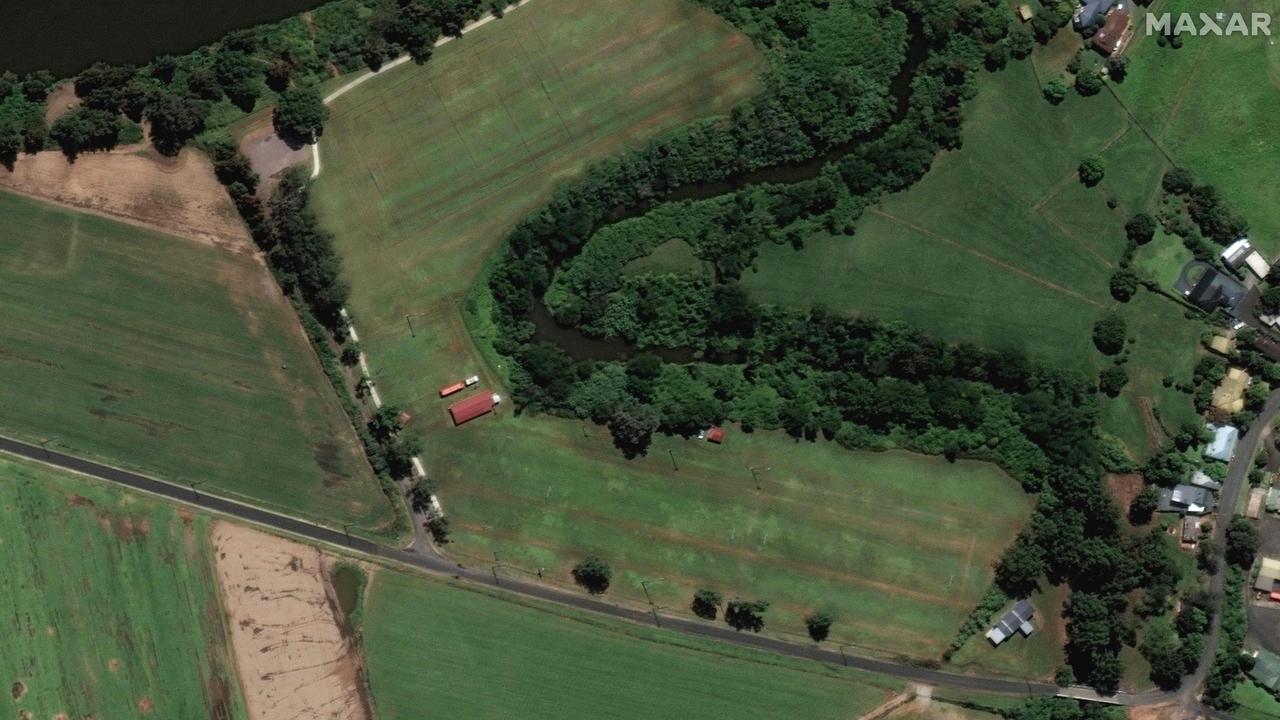
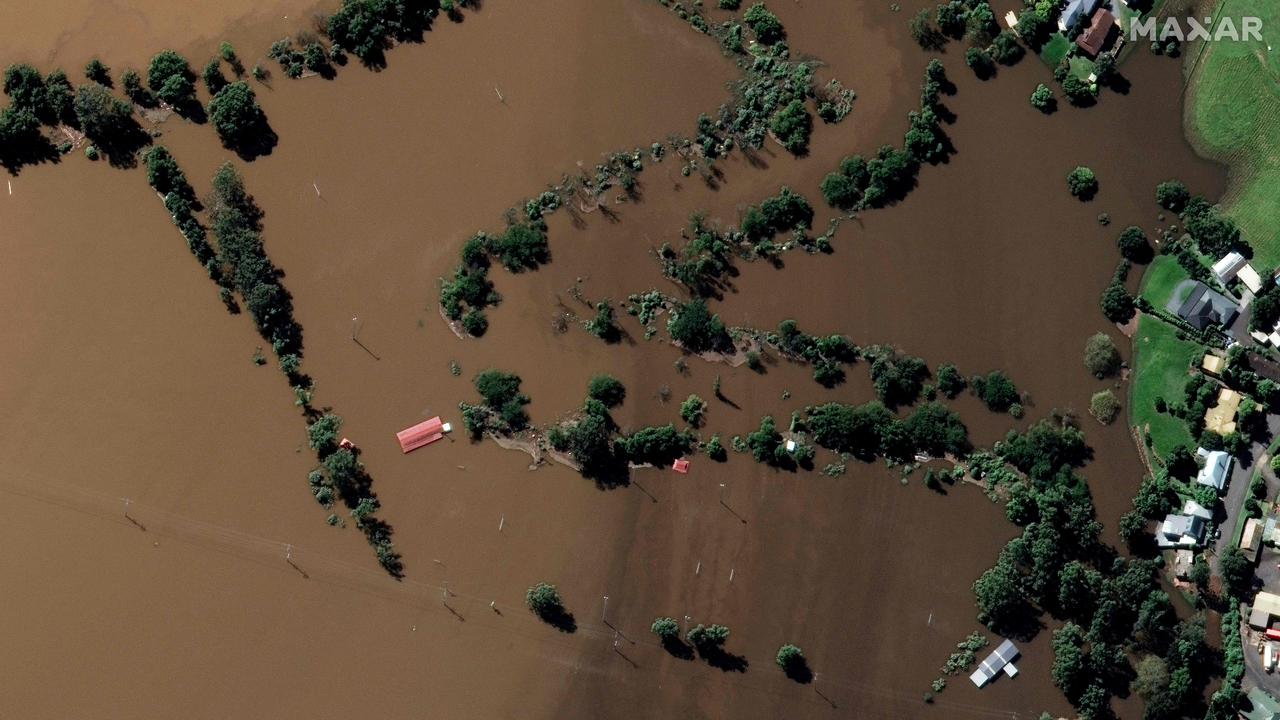
In the 24 hours up to Friday morning, 500 people have reached out for help.
The service has performed more than 1000 flood rescues, with 32 in the past 24 hours.
“Again, this was for people that had been stuck in floodwater, whether that was floodwater around their house or when they've been in vehicles that have been caught out in floodwater as well,” Mr Kearns said.
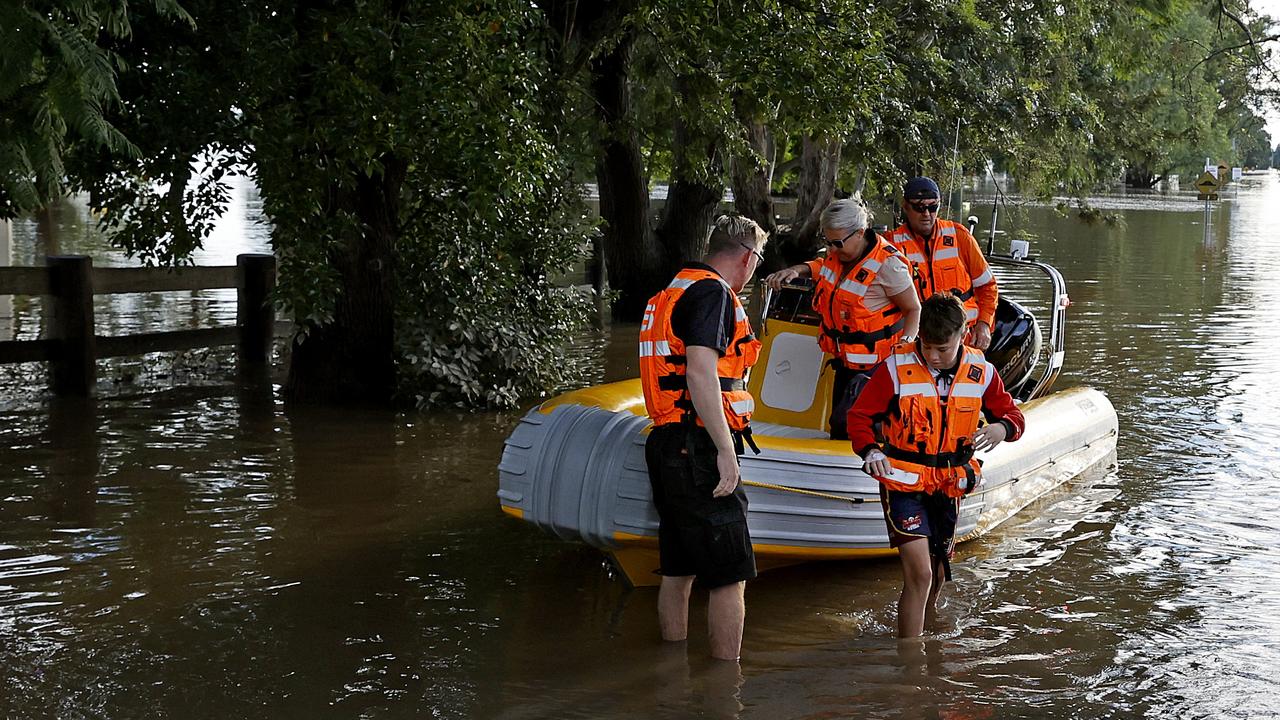
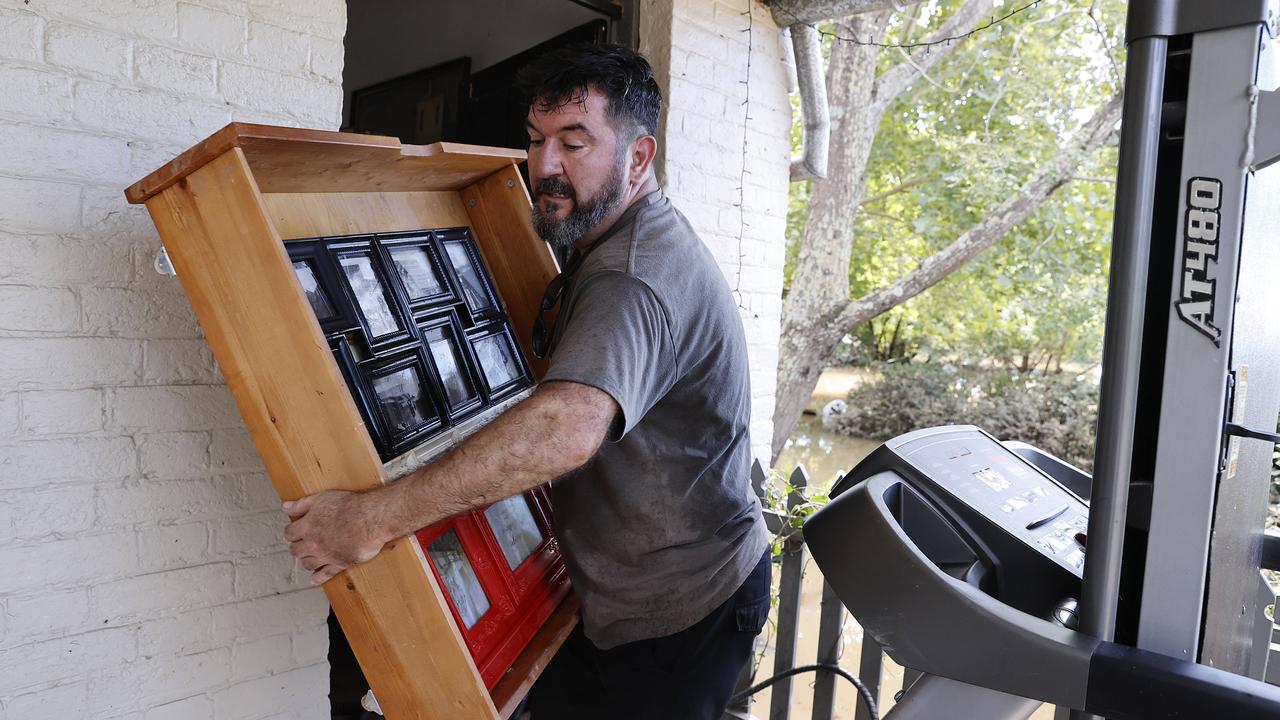
Two people have died in the floods.
The rains have mostly stopped and rivers have begun to recede, but many residents will still need emergency assistance as the clean-up begins.
“We still are out there trying to assist the community through providing it with supplies, which we have been doing over the last couple of days,” Mr Kearns said.
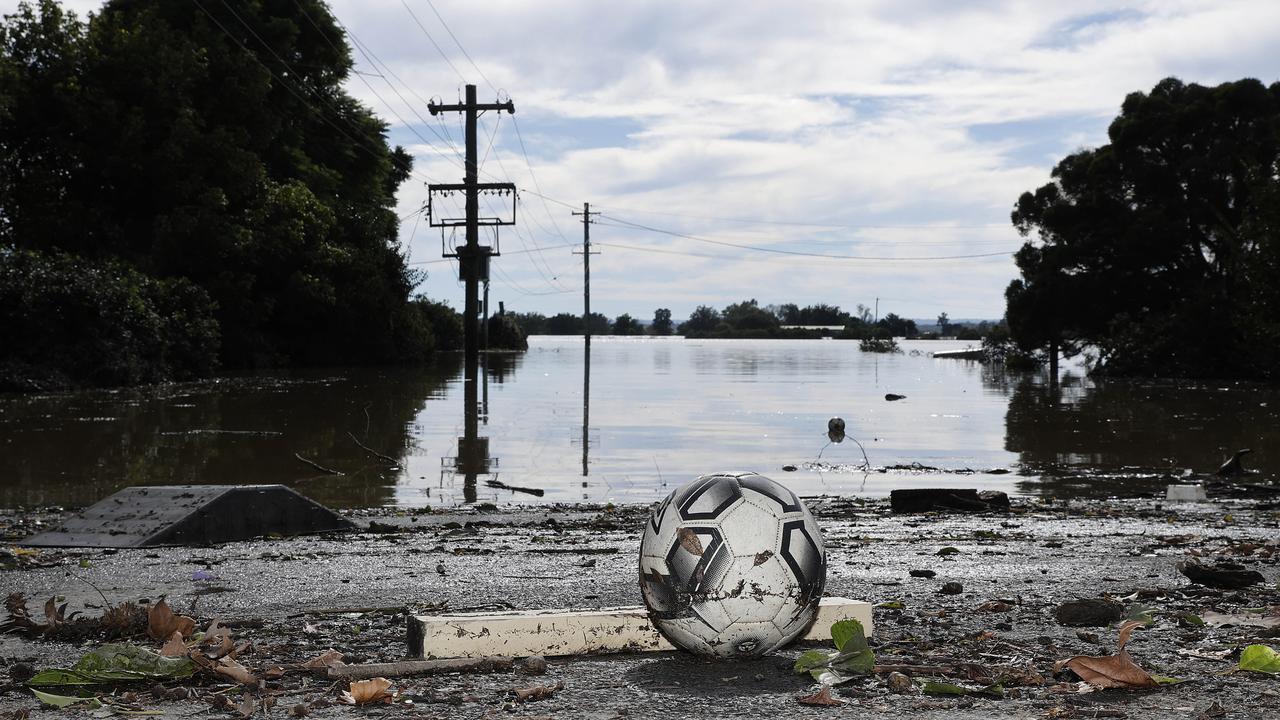
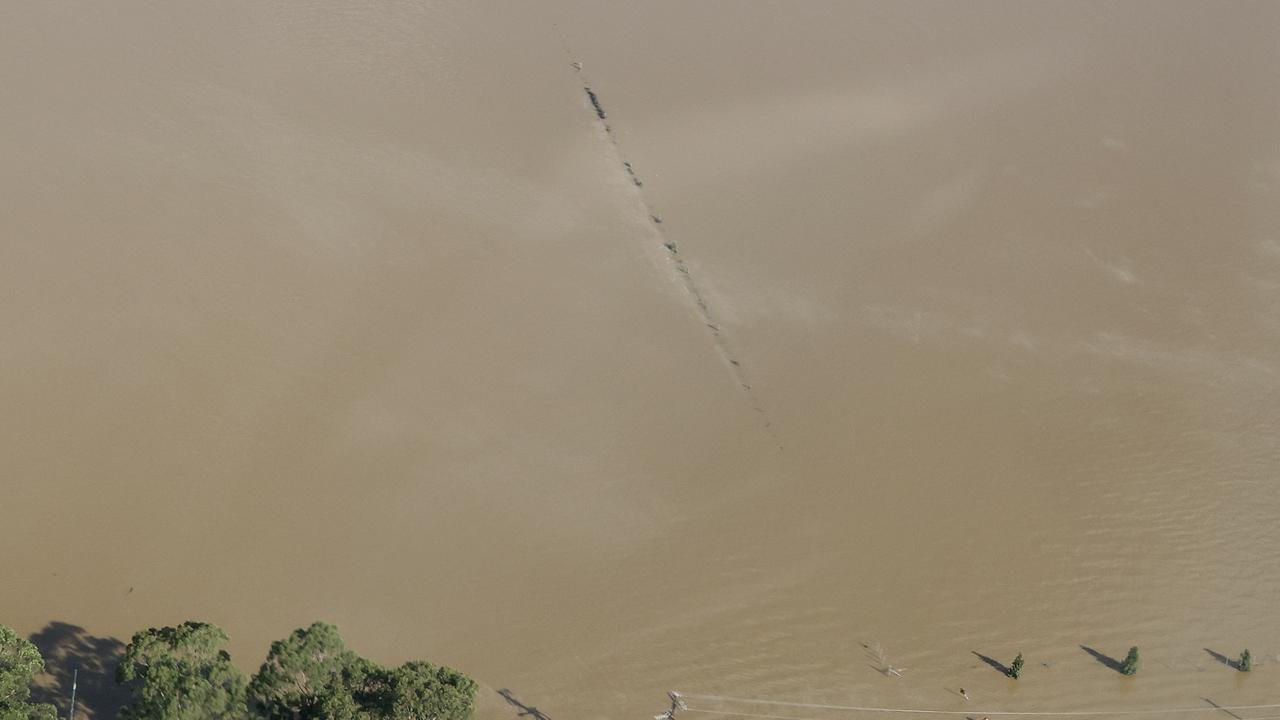
“We are now starting to move into assessing the damage that has occurred to people‘s properties and getting a bit of an understanding. Then we’ll start moving into the clean-up phase.
“That is going to be a prolonged effort and it is going to take a lot of people power to do that, which is going to be from not only SES but also partner agencies who are going to assist us in that.”
Even with the water gone, risks can still remain, including undermined and unsafe roads, contaminated drinking water and damaged electrical utilities.
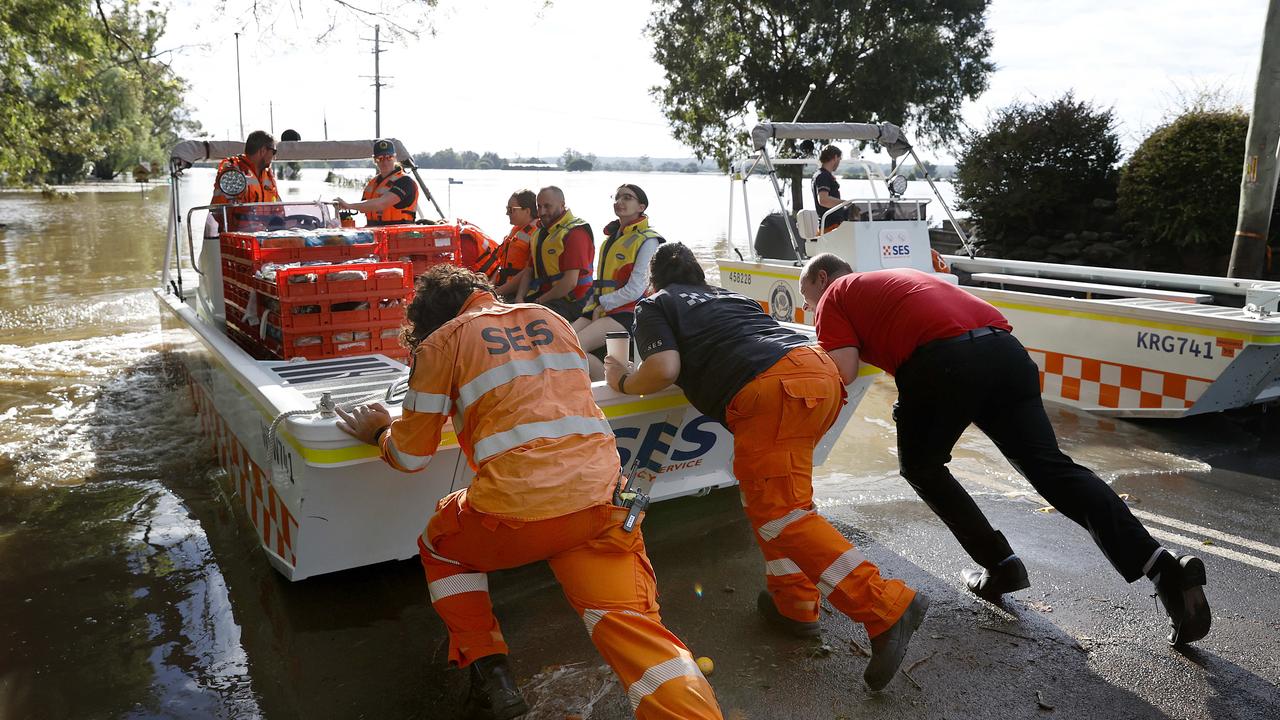
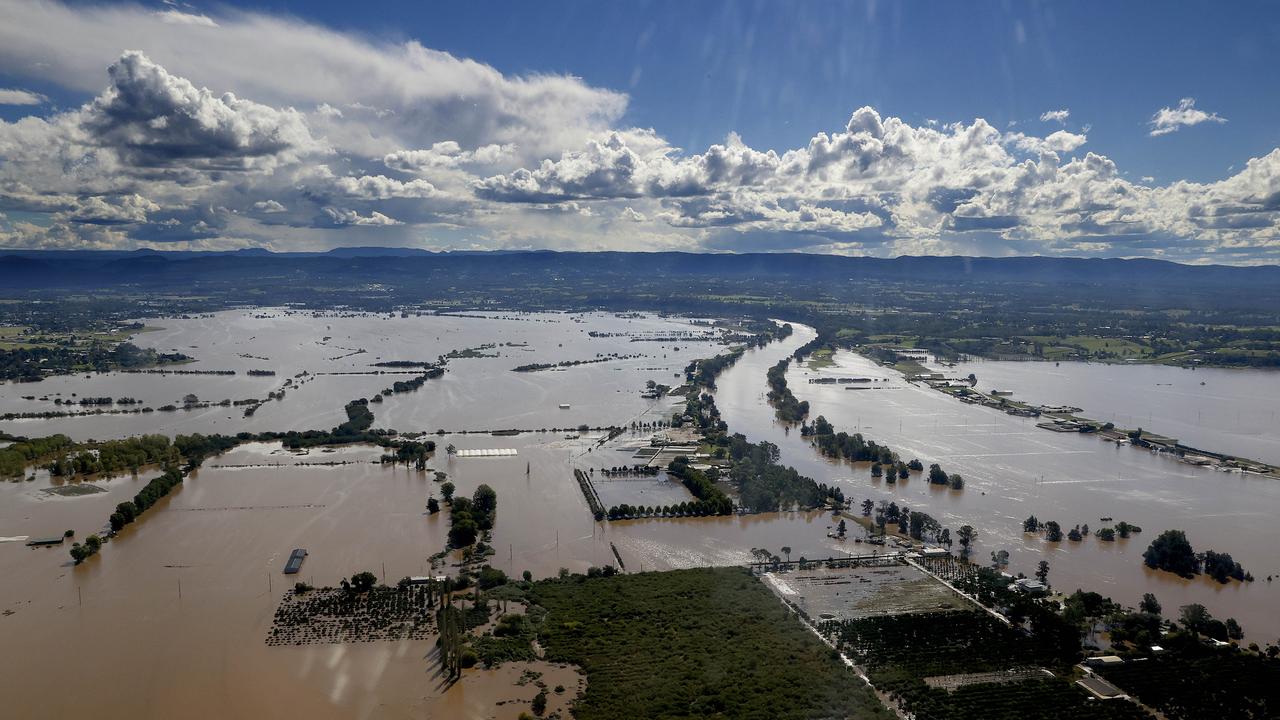
“We need to make sure is safe for people, so it's not dangerous for them when they do go back. We do remind people that during this time the floodwater in there can bring all sorts of things,” Mr Kearns said.
“We have started seeing reports about snakes and other sort of creatures around as well, so people do just need to be careful during this time.”

